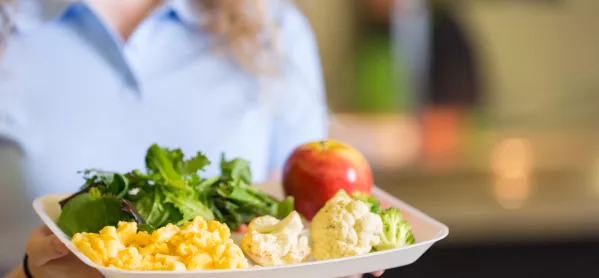The number of primary school pupils receiving free school meals in Scotland has tripled in a decade, new figures show.
More than half of primary-aged pupils (53.5 per cent) were registered for free school meals in 2019, up from 16.7 per cent in 2009.
Secondary pupils on free school meals now make up 15 per cent, an increase from 12.3 per cent in 2009.
Quick read: Quarter of primary pupils miss their free school meals
Coronavirus: Schools want to issue coronavirus closure food vouchers
School meals: Pupils may eat less fruit and veg under new rules
Child poverty: An open letter to teachers from a parent in poverty
The Scottish government’s policy to extend free school meals for all pupils in the first three years of primary school, starting in 2015, saw a rise from 77,791 registered children to 213,199.
P1, P2 and P3 pupils accounted for 169,931 of the 260,842 eligible children in 2019, according to the figures.
Analysis of the Scottish Parliament Information Centre (Spice) figures by the SNP found that on average, free school meals save a family £452.20 per child, based on the £2.38 average price of a paid-for school meal.
Those eligible for receiving free school meals include pupils from families on benefits, including Universal Credit and Child Tax Credits.
SNP MSP Clare Adamson, who is convener of the Scottish Parliament’s Education and Skills Committee, said: “Free school meals are an important part of ensuring that every child gets the best start in life.
“Guaranteeing our youngest pupils a healthy meal during the school day helps them to learn, but it’s also a huge financial help to working families.
“This policy has been a huge relief for many families at a time where household budgets are tight, saving parents over £450 a year for each child.”
Ms Adamson said that “evidence is clear that free school meals can help close the attainment gap in education”, adding: “There’s still a lot to do in reducing poverty and inequality in Scotland, but universal benefits like free school meals for our youngest pupils, free prescriptions and free higher education are helping keep more money in the pockets of hard-working families.”




